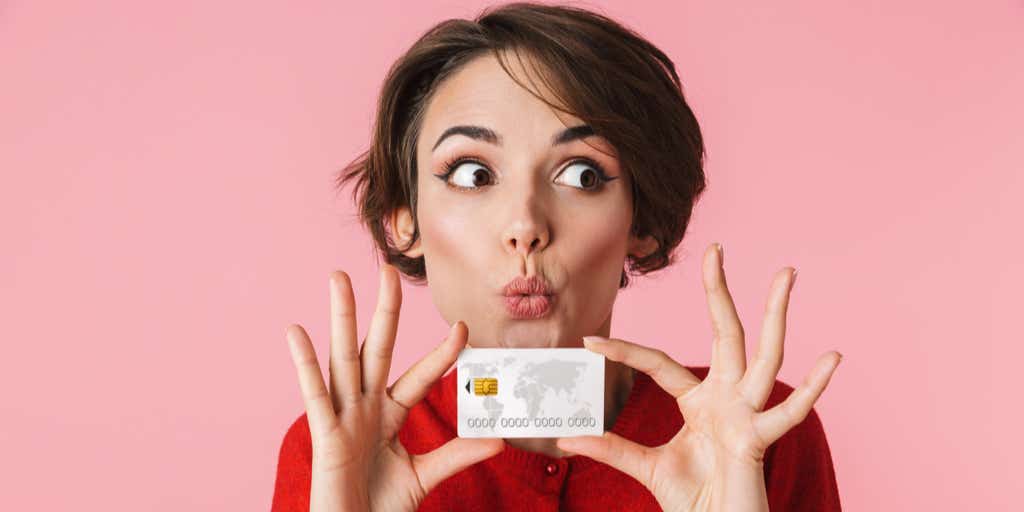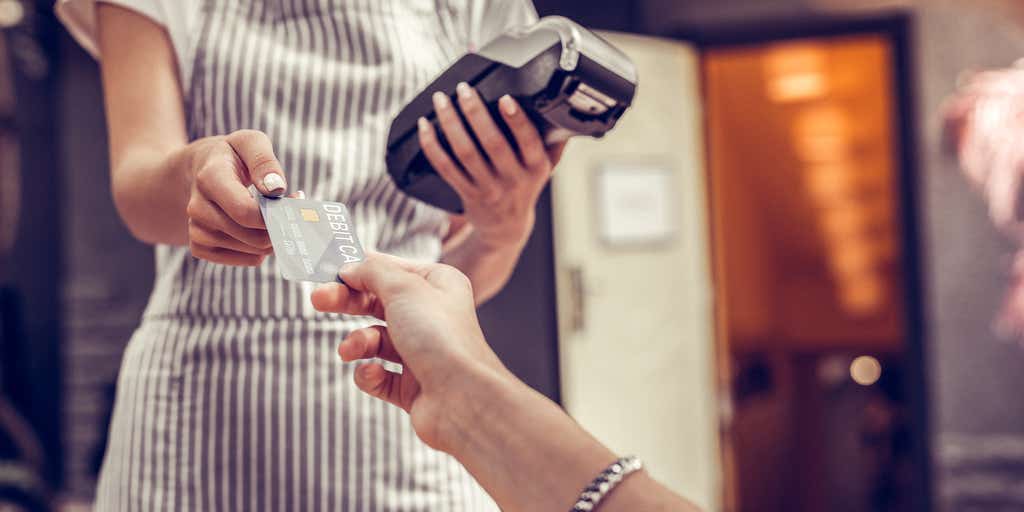- Uswitch.com>
- Credit cards>
- Compare our best cashback credit cards | UK offers January 2026
Compare cashback credit cards
Cashback credit cards
Earn back a percentage of the money you spend on the card
Find your ideal credit card in minutes
Check your eligibility without impacting your credit score
Explore options from top UK credit card providers
Choose the right card for your needs
Find your ideal credit card in minutes
Check your eligibility without impacting your credit score
Explore options from top UK credit card providers
Choose the right card for your needs

Credit card deals from top UK providers for January 2026
Find credit cards from trusted providers matched to your goals: rewards, balance transfer, 0% deals & more






Uswitch Limited is a credit broker, not a lender, for consumer credit.
Our services are provided at no cost to you. We may receive a commission from the companies we refer you to, but this does not affect what you will pay for the product you choose.

What is a cashback credit card?
A cashback credit card rewards you with money back on your spending, effectively giving you a small discount on every purchase. This usually works in one of three ways:
A percentage of your purchase amount is refunded to you as cashback
You earn reward points that can be converted into cashback
You receive discounts on specific purchases
For example, if your card offers 1.5% cashback and you spend £100, you’ll get £1.50 back. While each individual cashback amount may seem small, regular spending can add up over time, resulting in meaningful savings.
How does cashback work on credit cards?
Cashback works by giving a percentage of what you spend on your card back to you.
Card providers can do this thanks to something called the "interchange fee".
This is the fee that providers charge shops and other merchants in exchange for their services in sorting out the payment. With a cashback card, some of that money goes to you as well as your card provider.
If a cashback credit card pays 1% cash back on everything you buy, you could earn £50 if you spend £5,000 a year. While this might not seem like a lot, if there are no fees associated with the card, it's essentially free money.
How to find the best cashback credit card for you
To find the best cash back credit card for you, you need to look beyond the headline rate.
For example, some of the credit cards offering the top cash back deals are only accepted by a few shops and services, such as American Express. This may mean you can’t use it for your regular shopping trips.
You also need to look at your spending - if there are rewards based on how much you put through the card, or a fee attached, will you be using it enough to make it worth your while?
In some cases a rewards credit card offered by a supermarket might prove more lucrative than straight up cashback, for example.
What to watch out for
Cashback credit cards have different terms and conditions you need to look out for, for example:
Unlock credit card deals
See which credit cards you're eligible for in just a few clicks
Is a cashback credit card worth it?
To get the best cashback credit card deals, you should only spend what you need. Spending more on a cashback credit card just to earn more cashback is a bad idea.
If you spend more than you can afford on your cashback credit card, you may not be able to pay it off. Then you will be charged interest.
These interest charges can be higher than the cashback you earn, so you will lose out.
If you can't pay off the balance of your credit card each and every month, the interest will cost you far more than any rewards you might earn.
What is the difference between a cashback credit card and a rewards credit card?
Cashback credit card
You earn cashback every time you spend money on the card, and usually this is given to you as money off the amount you owe on the credit card. It's a no-fuss way to save some money on everyday purchases.
Rewards credit cards
A rewards credit card means you earn points and these can be worth different amounts depending on the card. The points can then be exchanged for rewards like air miles or hotel vouchers.
FAQs about cashback credit cards
What are the different cashback offers and deals?
Not all cash back credit cards are the same. Cashback cards offer a range of different deals and rewards.
Some cash back credit cards will just pay you cashback as a flat rate. For example 2% on everything you buy.
Other cashback credit cards pay cash back at different levels when you spend more or less. For example, a cashback credit card may pay you 1% if you spend £5,000 a year on your credit card, and 2% cash back if you spend more than that.
Cashback credit cards can also offer different amounts of cash back for spending in different shops. A cash back credit card may give you 0.5% cashback on money you spend when you do your weekly food shop at a supermarket, but 1% when you buy things from a chain of electrical stores and 2% on all of your petrol purchases.
How can credit card companies afford to give rewards and cashback?
Credit card companies can afford to offer rewards and cashback because they make money in several ways. They charge interest on balances that aren’t paid off in full each month, and this interest is often higher than the cashback or rewards a cardholder earns. Additionally, credit card companies charge merchants a fee (known as the 'interchange fee') whenever you make a purchase. A portion of this fee can be passed back to the cardholder as rewards.
How many cashback credit cards should I have?
There’s no one-size-fits-all answer to how many cashback credit cards you should have. It depends entirely on your financial situation and spending habits. If you’re confident you can manage multiple accounts responsibly, having more than one card could help you maximise cashback rewards across different spending categories.
However, it’s essential to avoid taking on more cards than you can manage. Missing payments or carrying a balance could lead to interest charges that outweigh any cashback benefits. Always prioritise paying off your balance each month.
Didn’t find what you were looking for?
Explore popular credit cards and handy tools
Brilliant App

Very easy and quick service

Very helpful throughout the process of…






